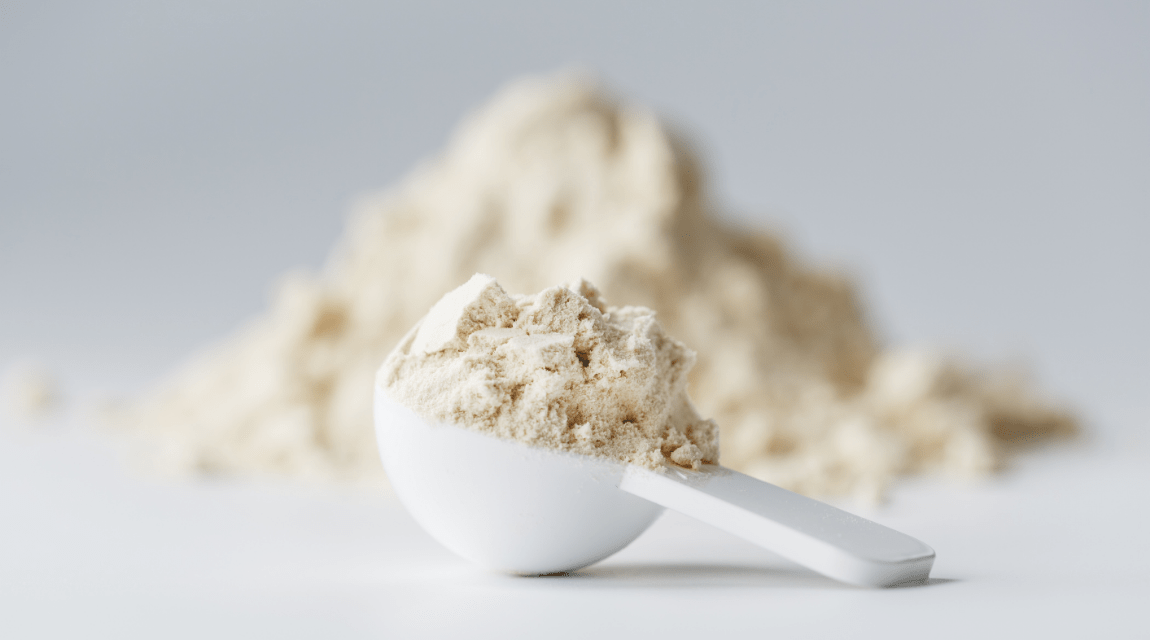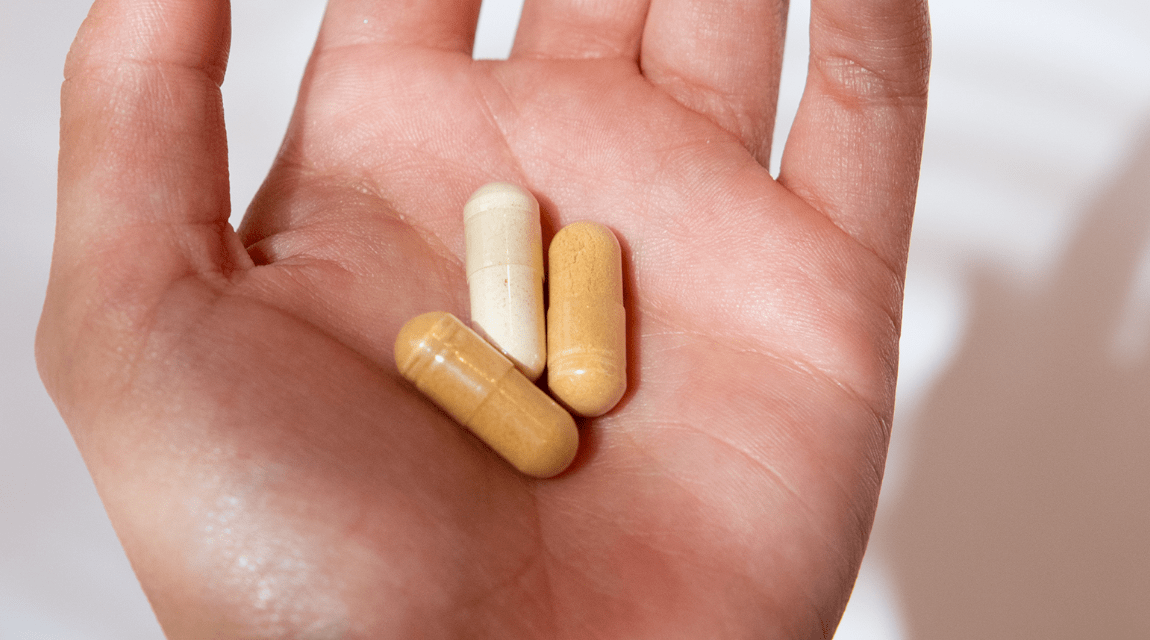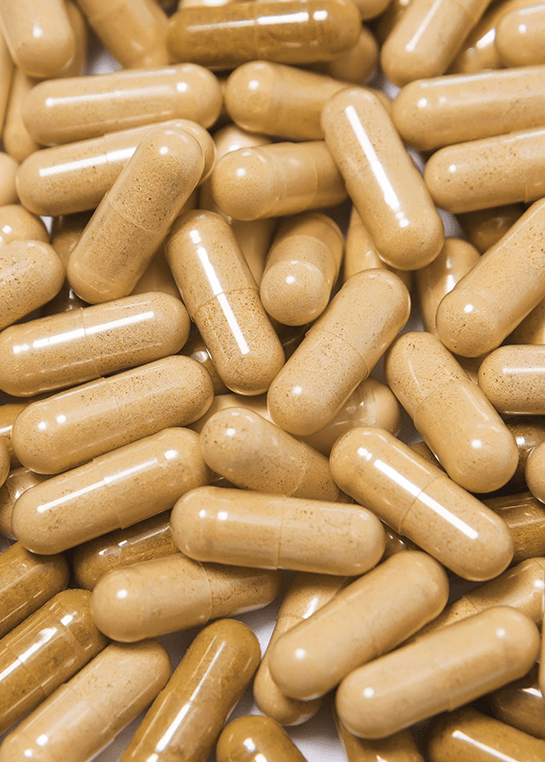Is the Keto diet good for weight loss?

Unless you’ve been living in a cave with no access to the outside world for the past few years, you’ve probably heard of the keto diet! People have been raving about the keto diet and touting its benefits such as weight loss, treating chronic conditions and optimizing athletic performance — but is it right for your body?
What Is the Keto Diet?
Before we get into whether following a keto diet is right for you, let’s explain what it is. Ask ten people and you’ll get ten answers as there are multiple variations — as well as misunderstandings of the keto diet. Keto is short ketogenic, and the diet was first developed in 1923 by a Mayo Clinic doctor for treating epilepsy in children. Doctors found the keto diet to be very effective in reducing the frequency of epileptic seizures. Today you’ll find variations of the keto diet — some allow more of certain things or alternating your food intake on different days.
All variations of the keto diet have common denominators: high in fat, moderate in protein and extremely low in carbohydrates.
A standard ketogenic diet follows a ratio of 75 percent fat, 20 percent protein and 5 percent carbs. Some keto plans allow 50 grams of carbs, but other keto plans allow only 20 — that’s not a lot of carbs! And you need to cut back most on the “empty carbs” such as soft drinks, pastries, sweets and white bread. It also means cutting way back on carbs such as pasta, rice, beans, whole grain bread, potatoes, corn and fruit.
What’s the Difference Between the Keto Diet and Other Low-carb Diets?
South Beach, Atkins and Paleo are popular low-carb, high-protein diets. The keto diet differs because it requires you to eat an exceptionally high amount of fat and only moderate amounts of protein. Eating too much protein on the keto diet interferes with the metabolic process of the diet, which we’ll talk about next.
How Does the Keto Diet Work?
Our bodies love to burn glucose for fuel, which it gets from carbohydrates. When we eat more carbs than we burn, our bodies store the extra glucose as fat. Here’s how the keto diet works:
- Our bodies turn to fat — and begin burning fat for fuel.
- This puts our bodies into a state of ketosis, which is a metabolic condition where stored and ingested fat is broken down in the liver to produce energy.
- Ketones, a type of acid, are the by-product of this process. Our bodies burn ketones for fuel, especially the brain.
- Ketosis doesn’t happen right away unless you’re fasting. It can take two to four days to reach ketosis on the keto diet.
The aim of the keto diet is to put our bodies into a constant state of ketosis so we are always burning fat and ketones instead of glucose (carbs). Ketosis can become dangerous if ketone levels become too high, a condition called ketoacidosis. Ketoacidosis primarily affects people with Type 1 diabetes and includes high blood sugar levels in addition to ketones.
What Can I Eat on the Keto Diet?
You can get pretty creative when following a keto diet, but we’ll talk about the basics here.
- By dramatically reducing our carb intake on a keto diet, we force our bodies to look for something else to burn.
-
For protein, you can eat unprocessed meats, seafood and fish (especially salmon), eggs, plain Greek yogurt and most forms of cheese.
-
For carbs, look for low-carb veggies such as leafy greens, broccoli, cabbage, peppers, asparagus, cauliflower and zucchini. Most fruits are too high in carbs, but berries get a green light on the keto diet.
- Fats can be a little trickier because you need to eat a lot of fat — pretty much at every meal — and some fat sources are healthier than others. Aim for avocados, coconut oil, olive oil, nuts and seeds (but be a little careful as some are a bit carb-heavy), butter and cream. Avoid vegetable oils such as canola.
Because of the high fat content of the keto diet, people often report feeling less hungry and more satiated.
A Word about Supplements and Keto
In addition to dietary changes, following the keto diet often means taking supplements, balancing electrolytes and hydration levels, and exercising. Supplements that contain beta-hydroxybutyrate salts (BHB) can be particularly helpful when following a keto diet.
The liver makes BHB naturally during ketosis so by taking a BHB salt supplement, you can help kickstart the ketosis process. One study found that adding BHB salts also aids in fat burning and reduced the size of abdominal fat cells! You can also look for a supplement with a combination of BHB salts and medium-chain triglycerides (MCTs). MCTs are fatty acids found naturally in coconut and palm oils. MCTs are known to stabilize blood sugar and the body burns them as fuel instead of storing them as fat.
What Are the Benefits of a Keto Diet?
If followed properly, people on a keto diet often find many benefits. A variety of studies have found a keto diet can help people:
- Lose weight and lose it rapidly, more so than on low-fat diets.
- Lose excess fat, which is linked to Type 2 diabetes and metabolic syndrome.
- Improve heart disease risk factors such as cholesterol levels, blood pressure and sugar levels and body fat.
- Slow cancer growth.
- Reduce symptoms of diseases such as Alzheimer’s and Parkinson’s.
- Significantly reduce the frequency of epileptic seizures in children and adults.
- Improve skin quality, especially a reduction in acne.
- Reduce polycystic ovary syndrome symptoms.
- Reduce inflammation.
- Improve athletic endurance because of better muscle-to-fat ratio and more stable blood sugar levels (no more “bonking” during endurance workouts).
- Recover faster after from exercise, particularly endurance-related activities such as running marathons.
Although some of the research has been inconclusive or needs more studies, the keto diet has shown some promising benefits backed up by research! WebMD has a simple slide show outlining the benefits of keto.
Is the Keto Diet Right for Me?
Before you jump on the keto wagon, you should always consult your doctor and ideally, work with a keto diet professional. You’ll need to monitor when your body reaches ketosis either by blood, urine or breath tests. The keto diet can be beneficial if you need to lose some weight, suffer from chronic conditions such as acne, polycystic ovary syndrome, heart disease or want to improve athletic performance.
You’re likely to feel more energized, leaner and clearheaded once your body adjusts to burning fat instead of glucose, but don’t get discouraged if you don’t feel the benefits right away.
The Keto Diet Might Not Be for You If:
If you suffer from either form of diabetes, you must discuss the keto diet with your doctor since you may need to alter doses in your insulin. Likewise, if you’re pregnant or breastfeeding, you should probably delay starting a keto diet until you’re done. Many people in cancer treatment find the keto diet beneficial, but this is a discussion for you and your doctor. If you take blood pressure medication or have liver or kidney disorders, you should also consult your doctor first.
Sources:
https://charliefoundation.org/diet-plans/
https://www.hsph.harvard.edu/nutritionsource/healthy-weight/diet-reviews/ketogenic-diet/
https://www.medicalnewstoday.com/articles/180858.php
http://www.nourishbalancethrive.com/blog/2017/03/12/ironman-guide-ketosis/
https://perfectketo.com/what-is-betahydroxybutyrate-or-bhb/#8
https://drjockers.com/5-reasons-use-mct-oil-ketosis/
https://www.dietdoctor.com/low-carb/keto/foods#keto-diet-food-list
News you can use.
If it’s good, it’s here. We’ve got a feed full of health tips, life hacks, nutrition tips, awesome events, fun ways to stay fit, and more.









